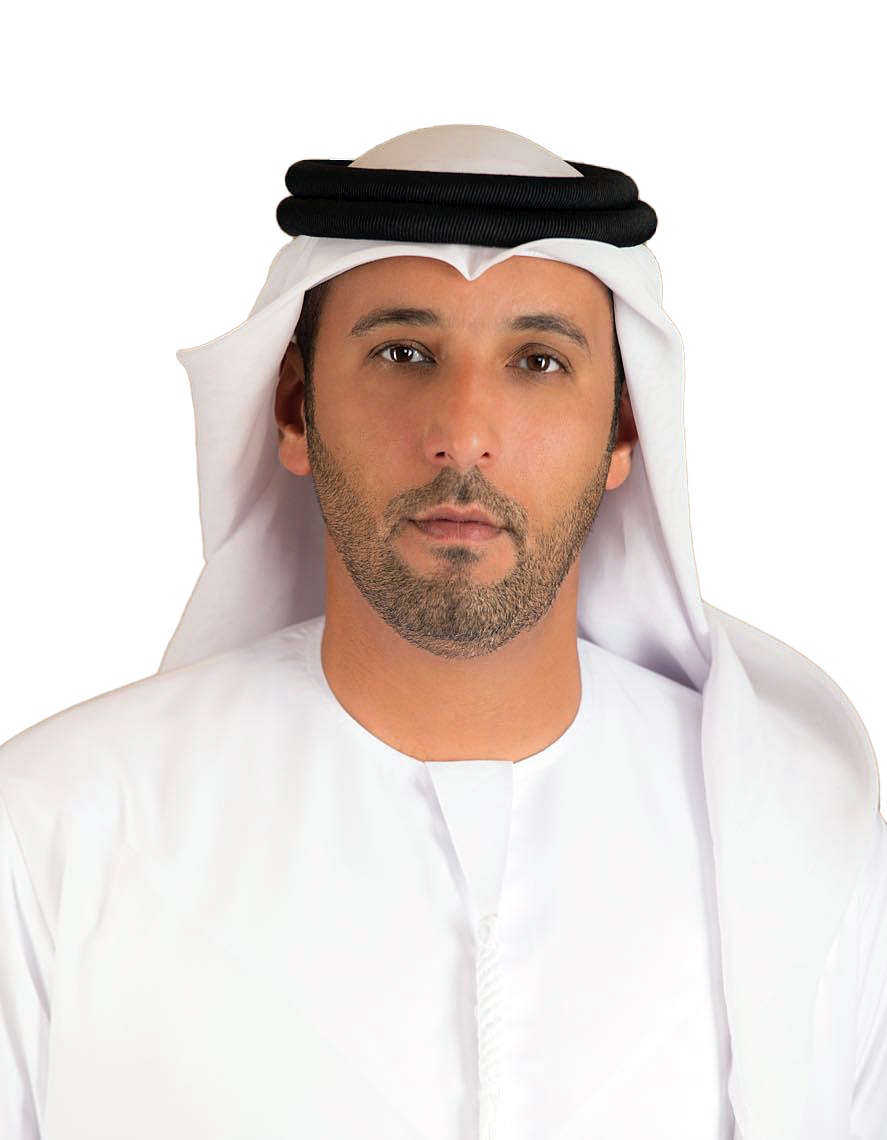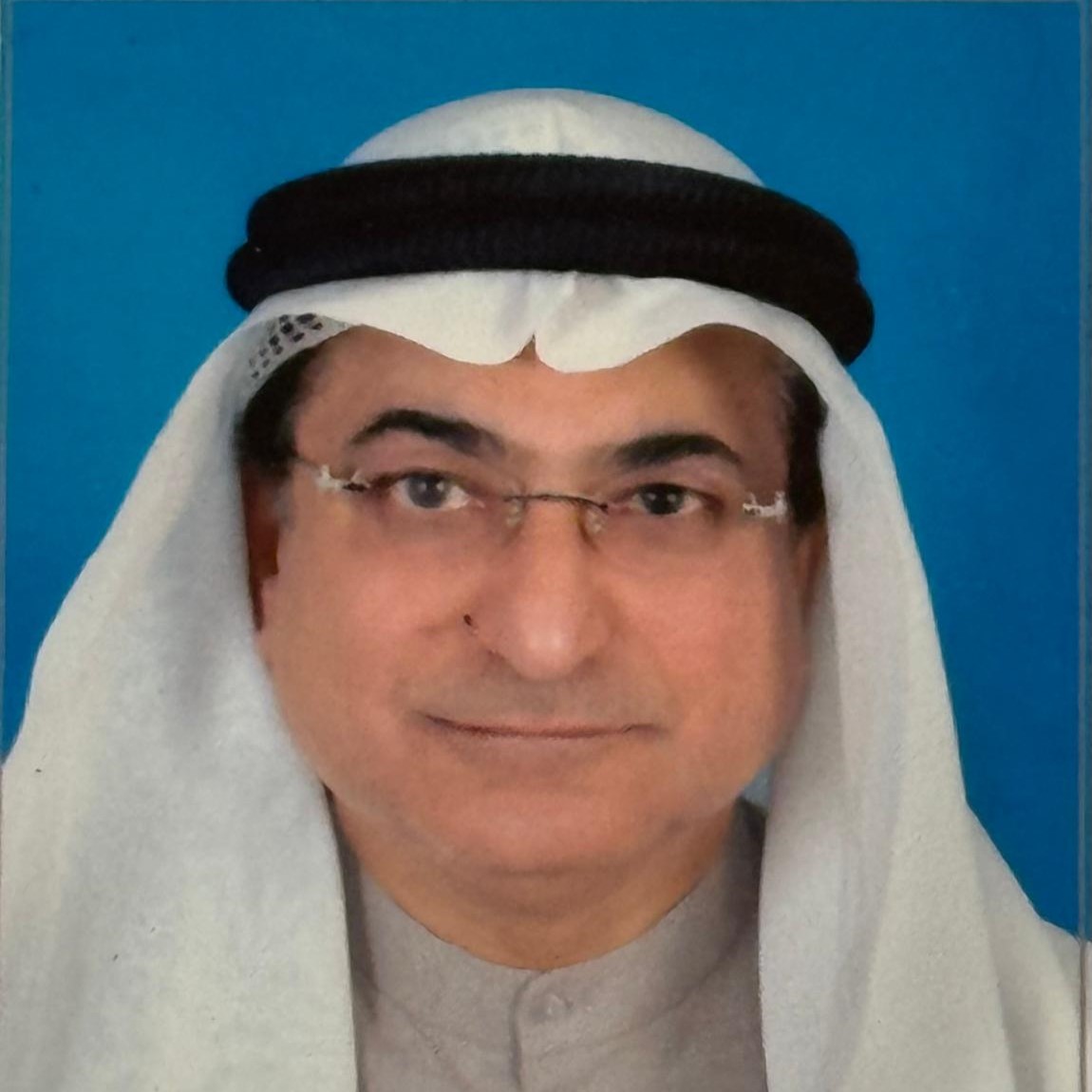RI Regions
Middle East & North Africa (MENA)


The inaugural World Congress on Rehabilitation (WCR) 2024 was convened in the Middle East from September 23 to 25, 2024 (the United Arab Emirates in Abu Dhabi). The congress focused on the integration and empowerment of individuals with disabilities in the workforce, operating under the theme of “Work and Employment.” Notably, the event attracted 1,077 attendees from 81 countries and featured over 190 speakers who addressed key topics including workforce integration, AI and technological advancements, and policy development. Furthermore, the congress served as a platform to examine the challenges and opportunities presented by AI, automation, and the evolving labor market, with a view to formulating a global action plan to sustain the ongoing empowerment of individuals with disabilities.

In September 2024, the World Congress on Rehabilitation 2024 was successfully held in Abu Dhabi, UAE, marking a significant milestone. This achievement was made possible through a collaborative Memorandum of Understanding (MoU) signed by three esteemed organizations: Rehabilitation International (RI), the International Social Security Association (ISSA), and the Zayed Higher Organization for People of Determination (ZHO).
The MoU emphasized a shared dedication to advancing the rights and integration of individuals with disabilities on a global scale. Through this partnership, the organizations sought to reinforce initiatives addressing the hurdles faced by individuals with disabilities in accessing the labor market, combating marginalization, and promoting inclusive career advancement opportunities in both public and private sectors.
The MoU between RI, ISSA, and ZHO has established a groundwork for continual collaboration, with plans for sustained initiatives aimed at championing the rights and social inclusion of individuals with disabilities. This partnership exemplifies a commitment to effecting tangible change in establishing accessible, equitable, and supportive environments for individuals with disabilities worldwide.
Call for Contributors: Collaborating to Enhance Disability Data
To improve the understanding of disability in the Middle East, we call on experts, research institutions, non-governmental organizations (NGOs), and healthcare providers to contribute to maintaining current and comprehensive data. Collaboration is essential to ensure policies, services, and programs are tailored to the needs of individuals with disabilities.
We encourage contributors to:
- Share updated research, studies, and findings.
- Submit regional reports and statistical updates.
- Participate in the exchange of knowledge through forums and conferences.
- Work collaboratively with local and international organizations to address data gaps.
Send us email: VPO.RI@zho.gov.ae
The Future of Disability Inclusion
ZAYED HIGHER ORGANISATION PROMOTES HUMAN
FRATERNITY GLOBALLY ON WORLD BRAILLE DAY

The Zayed Higher Organisation for People of Determination marked World Braille Day with a powerful message promoting global unity and peace, inspired by the Document onHuman Fraternity and the principles of the Convention on the Rights of Persons with Disabilities (CRPD).Collaborating with the Higher Committee of Human Fraternity and the Abu Dhabi Cultural Foundation,the organisation produced a Braille version of the document, ensuring its principles of inclusivity, tolerance,and coexistence are accessible to visually impaired individuals worldwide. As part of its global outreach, the document was translated into Braillein Arabic, English, and Italian, with 100 copies in Arabic and English gifted to Egypt’s Al-Azhar Library and 100copies in Italian presented to the Vatican Library in Rome, ensuring itsmessage of peace and equality resonates internationally.The organisation also partnered with the Emirates Deaf Association to create Arabic Sign Language videos of the document. Additionally, visually impaired employees of the organisation translated the document into Braille, emphasizing the importance of diverse contributions in spreading values of unity and understanding. Symbolizing global solidarity, the organisation engaged People of Determination from multiplenationalities in creating a garden at its Abu Dhabi headquarters in Al Mafraq.Featuring the emblem of Human Fraternity, the garden reflects a shared commitment to harmony, cultivated on UAE soil.
Hashem Taqi is the General Manager of the Kuwait Society for the Handicapped and the first Kuwaiti to assume a key post in RI Global. Taqi, who has been working for the Kuwait Society for the Handicapped for nearly 35 years, previously served as RI Global’s Middle East Chair. Established in 1971, the Kuwait Society for the Handicapped offers various free services, such as medical care, rehabilitation and education to persons with disabilities. The Society started with the caring for 30 children with disabilities, and now it owns a modern purposed designed centre for 250 multiply disabled children, as well as day care centers in Hawally, Jahra and Ahmadi.
H.E. Abdulla Abdulalee Al Humaidan is Secretary General of the Zayed Higher Organization for People of Determination. He holds a Master Degree in Business Administration from Abu Dhabi School of Management, United Arab Emirates. He obtained his Bachelor in General Management Information Systems and Higher Diploma in Business Information Technology from the Higher Colleges of Technology, United Arab Emirates. He has more than 24 years of experience in various sectors such as Oil Gas, media, and social sector. He is dedicated in providing services to people of determination(disability) through an integrated social system in cooperation and partnership with several agencies in the public, private and third sectors in the Emirate of Abu Dhabi.
Currently an effective member of many organizations and committees such as Member of the Supreme Committee of Her Highness Sheikha Fatima Bint Mubarak’s Program for Excellence and Community Intelligence and the Social Sector Committee in the Emirate of Abu Dhabi, Chairman of the Audit Committee, Abu Dhabi Social Support Authority.
Previously he was also a member of the Board of Directors of the National Rehabilitation Center (NRC) since 2012 till 2022. Also was a member of the Board of Directors of the Abu Dhabi Sports Council Board of Directors since 2019 till 2022.
And, since 2019 he was a member of the steering committee for a project to study an integrated framework for social services. In addition, he was a member of the Abu Dhabi Higher Committee for Services for People of Determination – Ministry of Community Development.
News & Events
RI Newsletter February 2025 Issue
Dear Members of Rehabilitation International, Friends and Partners of Rehabilitation International, And All Interested Readers, Welcome to the February 2025 edition of the Rehabilitation International Newsletter! In this issue, we bring you key highlights, including:...
RI Newsletter January 2025 Issue
Dear Members of Rehabilitation International, Friends and Partners of Rehabilitation International, And All Interested Readers, Welcome to the January 2025 edition of the Rehabilitation International Newsletter! In this issue, we bring you several key highlights: A...
Children with Profound Intellectual and Multiple Disabilities Face Severe Health Challenges
A new scoping review published in the European Journal of Pediatrics has shed light on the health challenges faced by children with profound intellectual and multiple disabilities (PIMD). The study, conducted by researchers from Radboud University Medical...
A Hidden Crisis: The Global Burden of Autism and the Need for Lifelong Support
Autism spectrum disorder (ASD) is a lifelong neurodevelopmental condition that affects social interaction, communication, and behavior. Published in The Lancet Psychiatry in December 2024, the Global Burden of Disease (GBD) Study 2021, presents the most comprehensive...
Global Disability Summit 2025
Global Disability Summit 2025: 2nd – 3rd April, 2025 / Berlin "The International Disability Alliance (IDA), the Government of Germany, and the Government of Jordan will host the third Global Disability Summit (GDS). The Global Disability Summit aims to galvanize...
Germany Launches Groundbreaking Action Plan for Inclusive and Barrier-Free Healthcare
Germany has taken a monumental step forward in its quest to ensure equitable healthcare access for all citizens. The Federal Ministry of Health, under the leadership of Prof. Karl Lauterbach, has introduced the "Action Plan for a Diverse, Inclusive, and Barrier-Free...
Support our work.
Make a difference in the lives of disabled people around the world. RI welcomes new opportunities to expand its own capacities through collaboration with other organizations.




